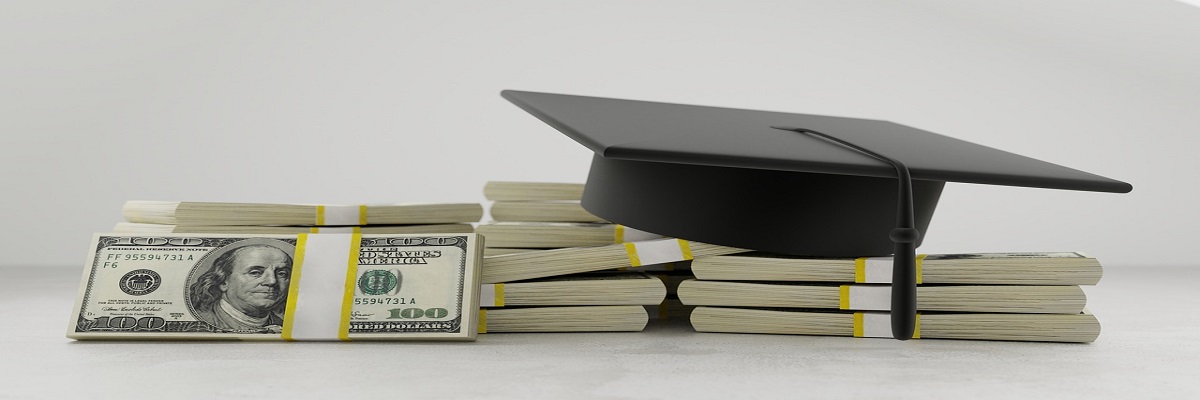Call: 888-297-6203
A student loan is a debt that does not come off very easily. Until and unless you have valid justification and proof that paying your student loan is causing undue hardship on you, it is next to impossible to get rid of it. Be it Chapter 7 or chapter 13, it is quite difficult to get exemptions from your student loan even if you file for bankruptcy.
The exception under Under hardship
The definition of undue hardship mostly depends from court to court. If you wish to get your Student loan waived off, you must prove to the court that paying it, is causing you undue hardship. The determining factor for undue hardship lies with the court. Some courts apply the “All or Nothing Rule” wherein either 100% loan will get discharged or non of it will and you will need to continue paying the same. While some other courts follow a different rule altogether wherein they help waive off a part or portion of the loan amount.
Irrespective of the way of determination or Undue Hardship test, most of the courts are very reluctant while discharging a student loan. However, you may have a better chance at waiver if you have a very low income or you have taken a loan from a for-profit trade school.
The Brunner Test
Some courts use the Brunner test to determine the level of Undue hardship. Based on this, you need to meet all three factors to get your student loan discharged.
- Factor 1 Poverty – if you continue to pay the loan, you will not be able to provide for the basic needs of your family also.
- Factor 2 Persistence – Probability of your income/financial situation to improve during the repayment period or not!
- Factor 3 Good Faith – Intention or Good faith plays an important role. Whether you have made any efforts to pay off the loan or not.
The Totality of Circumstances Test
Under this test, the court looks at all the relevant factors which play a role to repay the loan.
Special Tests
If your loan amount is due for more than 7 years and paying it would put an “unconscionable” burden on you, then you can request for a waiver under Health Education Assistance Loan (HEAL).
Method to discharge your Student Loan
You can file for an adversary proceeding to regulate the dischargeability with the bankruptcy court. Along with this, you will also need to provide evidence that repayment of the loan may cause you undue hardship.
Defenses against your Student Loan Debt
You can claim defenses against your student loan if you attended a trade or vocational school. Examples of such a scenario – Breach of a contract, fraud, wrong or incorrect business practices. If you are successful in proving the above, then you do not need to pay a single amount of the debt and it will become null and void.
Hire a Professional Attorney
If you plan on going ahead with getting your debt waived off, it is highly recommended that you consult a local bankruptcy attorney to guide you through and represent your case in court. Based on previous experience and their expertise, they can walk you through the case at ease and increase your chances of success. Recovery Law Group is highly qualified to guide to for the best outcome. You can get in touch with them on – (888-297-6203)
What will happen if your Student Loan does not get discharged?
- Chapter 7 – As per this Chapter, you must continue to pay your student debt even after your bankruptcy case.
- Chapter 13 – The court might reduce the amount to be paid during your Repayment Plan, however, the pending amount will need to be cleared off once the repayment period ends.

